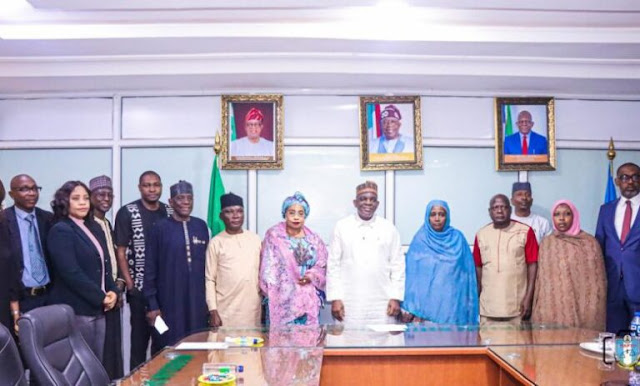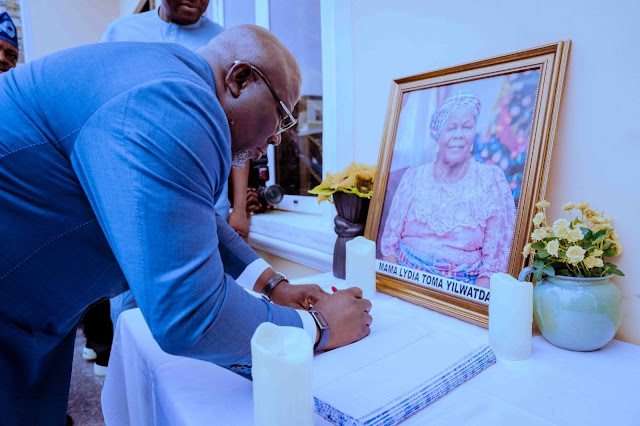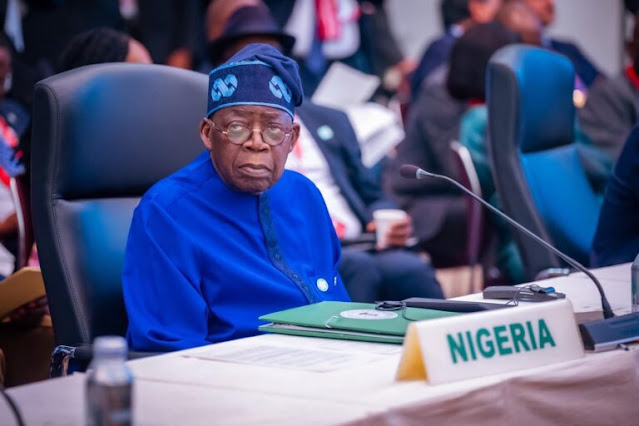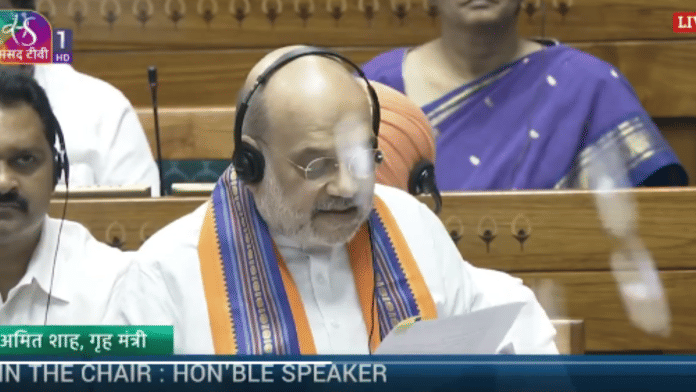The Executive Secretary and Chief Executive Officer of the Nigerian Shippers’ Council (NSC), Dr Pius Akutah, has called for stronger inter-agency and multi-sectoral cooperation to curb the growing menace of human trafficking and stowaways within Nigeria’s marine and blue economy sector.
Describing the problem as a transnational organised crime that drains over $100 million globally every year, Akutah explained that the practice had expanded in Africa over the past decade, taking increasingly dangerous forms.
He made the call while receiving the leadership of the National Agency for the Prohibition of Trafficking in Persons (NAPTIP) and the MMS WoFHoF Initiative, a non-governmental organisation, during a courtesy visit to his Abuja office. The visit was organised to explore avenues for joint action against human trafficking by sea.
Akutah noted that his experience as a prosecutor handling trafficking cases gave him insight into the severity of the issue. He recalled that the NAPTIP Act of 2003 was derived from the United Nations Convention against Transnational Organised Crime (2000), to which Nigeria is a signatory.
He pointed out that the crimes connected to trafficking were wide-ranging and required a united front. “The maritime sector is not exempt from this, stowaway has become a major means of moving victims to other countries. Before now, land routes were more common. Today, traffickers use vessels to transport victims to destinations where they are exploited,” he said.
The NSC boss commended the leadership of the Ministry of Marine and Blue Economy under Minister Adegboyega Oyetola, describing him as a determined leader who has consistently spoken against malpractice in the sector, including sexual harassment on board ships.
According to Akutah, “This is an issue the Minister will take seriously. As the port economic regulator, we are directly concerned about activities that undermine the economy of the ports, and trafficking is one of such crimes. It is within our mandate to pursue partnerships with NAPTIP and the MMS WoFHoF Initiative. Other agencies like NIMASA, which has responsibilities for maritime safety and security, are also critical stakeholders in this fight.”
For NAPTIP, the courtesy call formed part of its wider strategy of engaging key government agencies to strengthen cooperation in tackling trafficking.
Director-General of NAPTIP, Hajia Binta Adamu Bello, observed that the NSC was an indispensable partner, especially as traffickers increasingly resort to using the waterways due to heightened security on land borders.
“As a maritime regulatory body, the NSC oversees gateways critical to Nigeria’s trade and transport systems, gateways which traffickers also exploit to move victims clandestinely,” Bello explained. She stressed that shipping lines, ports and logistics operators could play a vital role in early detection, prevention and reporting of trafficking cases.
She disclosed that NAPTIP was proposing an extensive awareness drive for port workers, shipping agents, freight forwarders, crew members and other stakeholders. The aim, she said, was to ensure they identify and report suspected cases through existing structures such as the Nigerian Port Process Manual (NPPM) and the Port Standing Task Team (PSTT).
Bello further said the agency was prepared to formalise collaboration with the NSC through a memorandum of understanding or joint action plan. “Together, NAPTIP and NSC can strengthen maritime security and protect vulnerable people from exploitation,” she affirmed.
During the visit, a NAPTIP official narrated how Nigerian victims are brutalised abroad, recounting that 79 people were recently rescued from Côte d’Ivoire, including 75 young women and four children. He described how the victims were forced into sexual exploitation at mining camps before their eventual rescue and repatriation to Nigeria.
Supporting the call for joint action, Hajia Lami Tumaka, a Board of Trustees member of MMS WoFHoF Initiative, cited International Maritime Organization (IMO) figures showing that the global shipping industry lost $8.9 million to 364 stowaway incidents between February 2020 and February 2021.
She said collaboration and awareness-building had become urgent, not only to address trafficking and stowaways but also to mitigate financial losses in the shipping industry. “This aligns with the NSC’s role as the port economic regulator and its commitment to sustainability,” Tumaka explained.
She also disclosed that MMS WoFHoF Initiative was organising a One-Day National Policy Dialogue on 30 October 2025 in Lagos to address the rising threats posed by trafficking and stowaway cases at sea.









